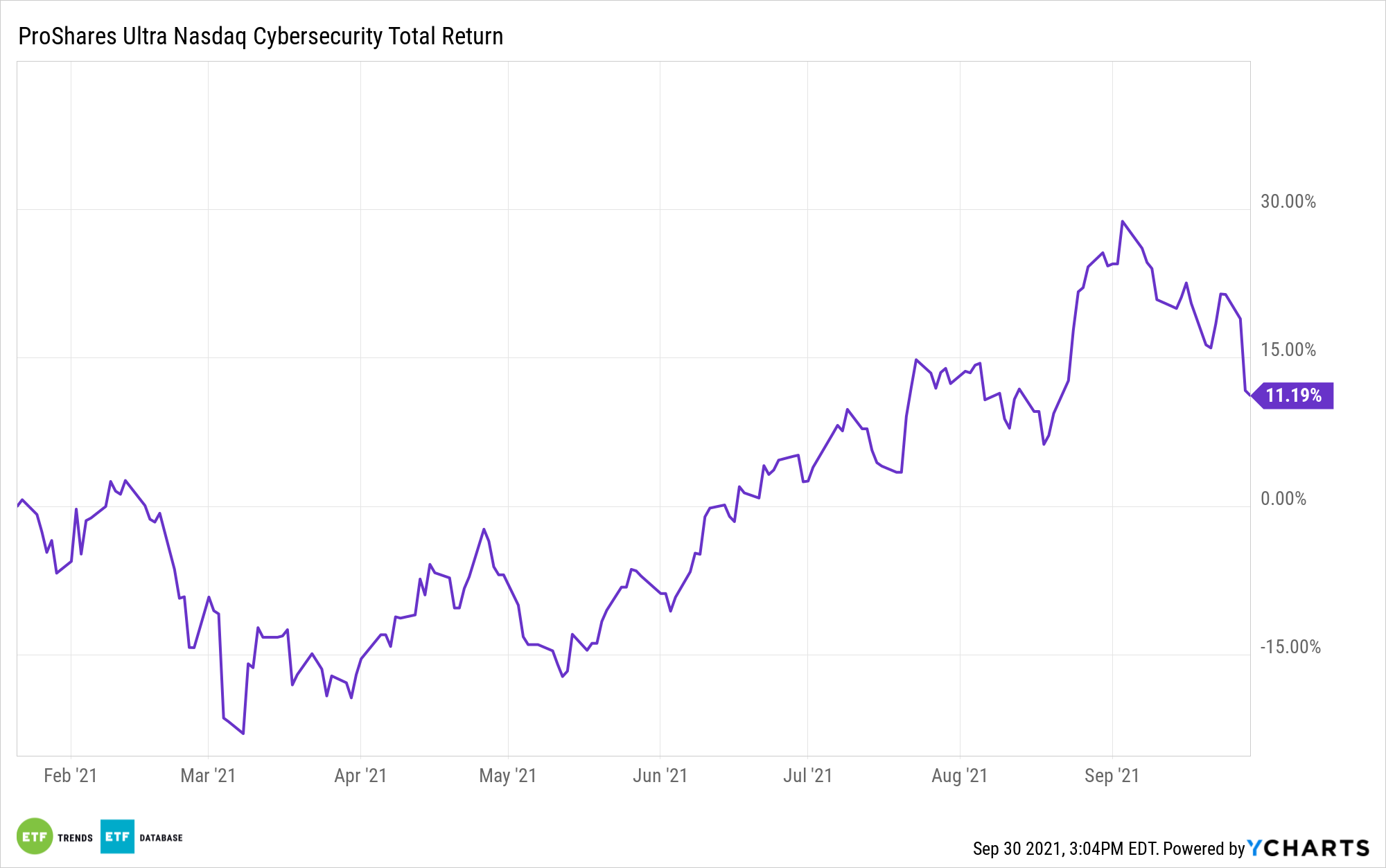Heading into Cybersecurity Awareness Month, President Biden just released a briefing regarding the levity and responsibilities of the government and people during the upcoming month and best practices regarding cybersecurity.
The threats to cybersecurity continue to grow, particularly with a workforce still partially working from home. Recent attacks on pipelines and infrastructures by hackers have brought to the forefront just how vulnerable the nation potentially is and how crippling a cyberattack can be.
“Ransomware attacks have disrupted hospitals, schools, police departments, fuel pipelines, food suppliers, and small businesses — delaying essential services and putting the lives and livelihoods of Americans at risk,” President Biden wrote. “Any disruption, corruption, or dysfunction of our vital infrastructure can have a debilitating effect on national and economic security, public health, and our everyday safety.”
Cybersecurity Awareness Month launched as a collaborative effort in 2004 between the U.S. Department of Homeland Security and the National Cyber Security Alliance. This year’s focus is “Do Your Part. Be Cyber Smart,” and encourages people to limit the personal information they share online, regularly update their devices, and use complex passwords along with multifactor authentication options.
President Biden highlighted efforts that the government has taken this year to increase cybersecurity on a national level, from enacting an executive order that modernized government technology, to only allowing products that meet high cybersecurity standards for federal government use.
He also highlighted efforts by the government to work with the private sector to increase cybersecurity, including a 100-day initiative that will improve the electric sector’s cybersecurity that has already seen 150 utilities serving over 90 million people enacting technology to protect their services. The initiative is also expanding to cover gas pipelines.
“The reality is that most of our Nation’s critical infrastructure — from transportation lines to energy suppliers to other vital fields — is owned and operated by the private sector. Therefore, the security of our critical infrastructure depends on Federal, State, local, Tribal, and territorial coordination with infrastructure owners and operators to achieve greater strength and security,” Biden wrote.
In addition to partnering with the private sector, the Biden administration has also launched StopRansomware.gov as a resource for Americans to educate themselves on the dangers of ransomware, methods of detection, and what to do if their device is infected.
UCYB Invests in Cybersecurity

Ransomware attacks are on the rise, and cybersecurity has become a mounting concern as increasingly more companies look to protect themselves and their assets.
The ProShares Ultra Nasdaq Cybersecurity ETF (UCYB) is a leveraged ETF that tracks twice the daily returns of the Nasdaq CTA Cybersecurity Index, the same index tracked by the First Trust Nasdaq Cybersecurity ETF (CIBR).
The ETF in fact holds CIBR, then uses swaps contracts on that ETF to obtain leveraged exposure.
UCYB’s underlying benchmark tracks companies that build, implement, and manage security protocols for public and private networks. To be included, companies must have a minimum market cap of $250 million. Within the index, no singular security can carry more than 6% weight. Lower volume securities have even tighter weighting restrictions.
UCYB’s benchmark tracks companies such as CrowdStrike Holdings (CRWD), Accenture Plc (ACN), and Cisco Systems (CSCO).
As a leveraged fund, UCYB carries different, greater risks than non-leveraged funds, and should be actively monitored.
UCYB carries an expense ratio of 0.98% with a contractual waiver that ends on September 30, 2022.
For more news, information, and strategy, visit the Nasdaq Portfolio Solutions Channel.

